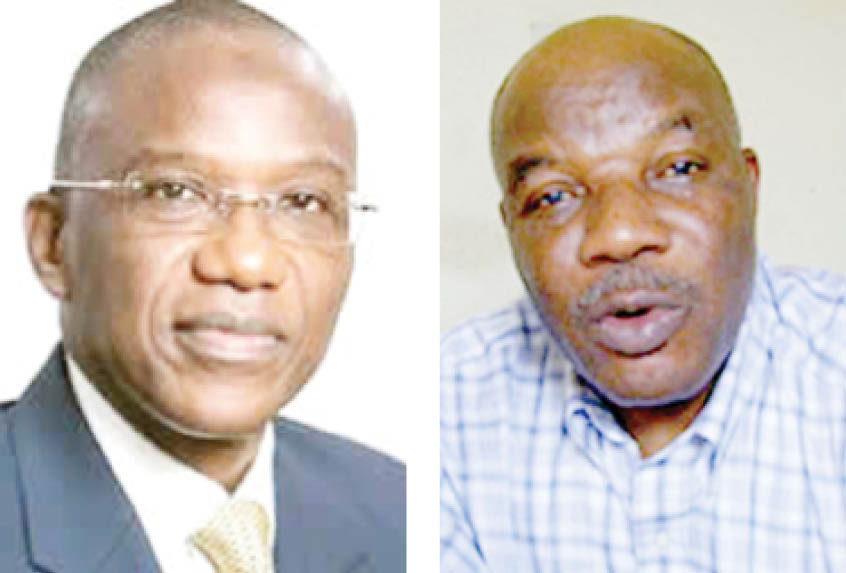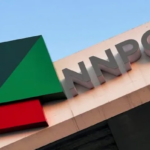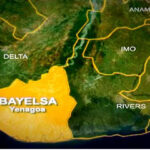Shareholders groups have expressed mixed reactions over the continued debit of banks’ books in compliance with the Asset Management Corporation of Nigeria (AMCON) resolution funds.
The reaction is coming on the heels of the N211.6 billion incurred by banks as resolution costs in the nine months ended September 2021, according to data gathered and analysed by Daily Trust.
The amount is a 22.8 per cent increase when compared to N172.4 billion incurred in 2020.
Every Nigerian bank is required to contribute an equivalent of 0.5% of its total assets and contingent assets as at the preceding year-end to AMCON’s sinking fund in line with existing guidelines. It is non-refundable and does not represent any ownership interest.
This represents accrual for Banking Resolution Fund Levy in accordance with provisions of sections 74 and 77 of the Banks and Other Financial Institutions Act 2020.
The analysis shows that Tier 1 banks: Zenith Bank, Access Bank, United Bank for Africa, Guaranty Trust Holdings, and FirstBank Holdings have a combined AMCON charge of N175bn.
Tier 2 lenders such as First City Monument Bank, Sterling Bank, Union Bank, and Wema have a combined resolution cost of N25bn.
The disparity stems from the significant difference in asset sizes of the two categories of lenders as the big ones have much bigger loans and deposits.
The five big banks have a combined total asset of N41.13 trillion as of September 2021, and that compares with the N9.7trn of the smaller banks.
AMCON charges make up 23 per cent of the total operating expenses of banks as of September 2021.
Zenith Bank, the largest lender by market capitalization, saw a 22.5 per cent increase in resolution costs to N37.9 bn in September 2021 from N30.9 bn the previous year.
Access Bank’s AMCON charge was up 17.1 per cent to N41.5 billion in the period under review from N35.4bn the previous year.
GTCO’s AMCON charge was up 27.26 per cent to N21.88 bn in September 2021 from N17.20bn as of September 2020.
UBA’s AMCON charge increased by 24.1 per cent to N27.8bn as of September 2021 from N22.4bn in the same period in 2020.
First Bank Holdings’ resolution charge was up 35.9 per cent to N45.9 bn in September 2021 from N33.8bn as of September 2020.
Stanbic IBTC contesting deduction with AMCON
According to the third-quarter financial statement of Stanbic IBTC reviewed by Daily Trust, the Bank had in December 2012 entered into an agreement with AMCON to purchase the Eligible Assets (non-performing loan) of a client, which the bank had classified as “doubtful”. AMCON confirmed its willingness to purchase the proposed Eligible Assets at a total consideration of about N10 billion, which sale/purchase was concluded in December of 2012.
As a precondition for the sale, AMCON unequivocally stated that the pricing of the Eligible Bank Assets was subject to adjustment within twelve (12) months in line with AMCON guidelines after due diligence on information the bank had supplied to AMCON.
AMCON by a letter dated October 4, 2017, informed the Bank of its intention to reprice the loan and claw back the sum of N5.7bn, being what was alleged to be excess overpaid consideration, as a result of what was felt was an overvaluation.
The Bank in its response to the allegation emphatically denied the allegations and provided evidence to AMCON to the contrary. The Bank noted that AMCON’s attempt to reprice the sold Assets were outside the 12-month claw-back period provided in AMCON’s guidelines.
Notwithstanding all the clarifications made by the Bank, AMCON proceeded to apply to the Central Bank of Nigeria (CBN) to debit the bank’s account with the sum requested to be clawed back, plus possible accrued interest. Sequel to this, the CBN wrote to Stanbic IBTC on 31 July 2019, informing the Bank of AMCON’s request to debit the Bank’s account.
The bank subsequently discovered that AMCON had earlier filed a suit at the Federal High Court, Lagos Division on the same subject matter. Consequently, the Bank discontinued its suit against AMCON and filed a Counter-Claim against AMCON in its suit.
Shareholders divided over deductions
The National Coordinator Emeritus, Independent Shareholders Association of Nigeria (ISAN), Sunny Nwosu in a chat with Daily Trust said: “That the AMCON January 1, 2011, sinking fund agreement with banks requiring CBN to contribute N50 billion and banks an equivalent of 0.5percent of their total assets as annually for ten years has elapsed on January 2, 2021.
“That continuous contribution of a non-refundable levy to AMCON by all banks in Nigeria, in spite of the difficult business operating environment without ownership interest, rights or obligations on the contributor amounts to an institutional scam.
“That ISAN which had previously opposed the sinking fund still opposed the failed policy project and urged the federal government to liquidate AMCON and enhance shareholders returns and the economy.”
However, the Chairman of the Shareholders Trustees Association (STA), Mukhtar Mukhtar said: these are regulatory issues and we don’t have to do anything about it.
“Investors and stakeholders may not be happy but the regulators are banned to ensure compliance.
“We should look at it from the angle of the help that this AMCON provided the banking sectors without which at least 8 banks would have collapsed by now.
“In the future, there will certainly be some changes and we cannot afford to complain all the time.”

 Join Daily Trust WhatsApp Community For Quick Access To News and Happenings Around You.
Join Daily Trust WhatsApp Community For Quick Access To News and Happenings Around You.


